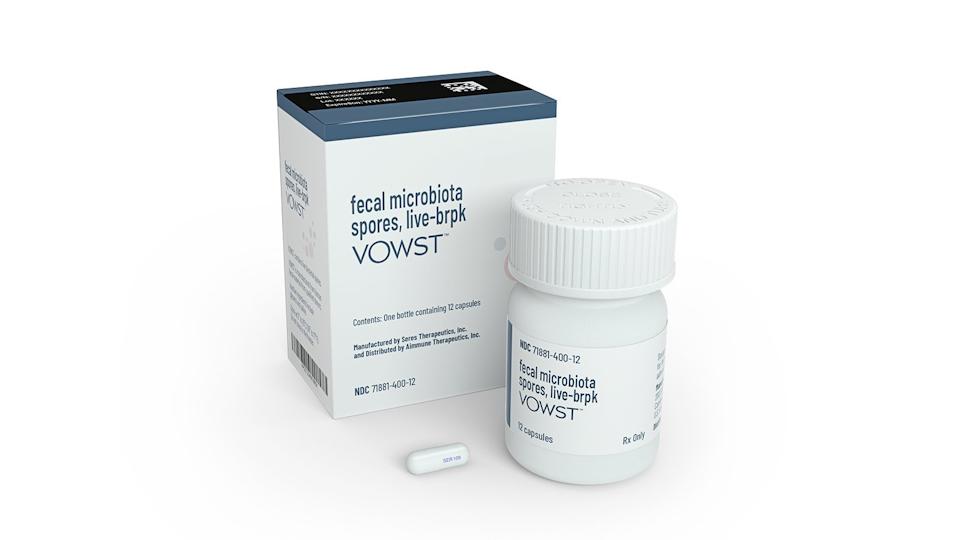Nestle bids to take control of Seres’ C diff drug Vowst

Swiss food giant Nestlé has said it wants to take full ownership of Seres Therapeutics’ Vowst microbiome therapy for Clostridiodes difficile infections (CDI), upgrading its current co-marketing interest.
So far, terms of the deal have not been disclosed, but Seres said it is expecting an infusion of capital, including an upfront payment, that will allow it to pay off all its debt and extend its cash runway into the fourth quarter of next year. The transaction is expected to be completed within the next 90 days.
Nestlé has a long-running collaboration with Seres that dates back to 2016, and in 2021 the company’s Health Science unit firmed up its commitment with a $175 million licensing fee and another $125 million milestone tied to FDA approval of C. diff product Vowst (SER-109), which came in April 2023.
The product is based on purified Firmicutes bacterial spores delivered in an oral capsule that is designed to encourage the regrowth of healthy bacteria after antibiotic treatment for C. diff infection and to prevent recurrence. It was the first FDA-approved oral microbiome therapy.
In its first-quarter update, Seres said the product had made sales of around $10 million – almost $5 million of that total in March alone, with more than 1,000 new patients starting treatment in the three-month period. Turnover of the product was just under $20 million in 2023, following its launch in June.
While CDI can be resolved with antibiotics, the drugs are often ineffective against dormant spore forms of C. diff, which can germinate and grow after the course is completed. CDI causes nearly 30,000 deaths each year in the US, and recurrent infections with the bacterium are estimated to make up 10%-15% of all hospital-treated infections.
Pfizer has been working on a potential vaccine for C. diff, but its first attempt missed the mark in a phase 3 trial and it is now advancing an updated formulation through mid-stage clinical testing.
In the phase 3 ECOSPOR trial, patients who took Vowst were less likely to have their infection recur than those treated with antibiotics alone, with rates of 11% and 41%, respectively.
Seres said in a statement that the cash injection from Nestlé Health Sciences will help it focus on the development of SER-155, designed to protect patients undergoing allogeneic haematopoietic stem cell transplantation (HSCT) from infections, and other oral microbiome therapies in its pipeline.
SER-155 is currently in the phase 1b Cohort 2 study in HSCT patients and is also being investigated for use in other medically vulnerable populations, including patients with chronic liver disease and cancer neutropenia, as well as those receiving solid organ transplants.
Seres made a $40 million loss in the first quarter of this year and ended the period with cash reserves of $111 million, which the company indicated was sufficient to see it through to the end of the Cohort 2 readout in the fourth quarter of this year.












